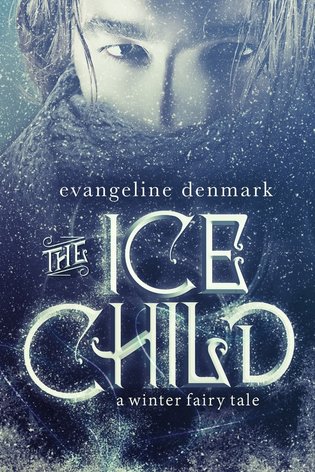 Interview by Brock Eastman Featuring The Ice Child In this novelette, Sipp, a clockmaker’s apprentice, dreams of opening his own shop, but the people of Martigny believe he’s marked by the devil—all except for kind, independent Elise. As Sipp’s hope for the title of master craftsman fades, another destiny calls to him on the winter wind. But will answering that call mean leaving Elise behind forever? Evangeline Denmark's THE ICE CHILD is a captivating fairy tale with lyrical prose and memorable characters that can be enjoyed in one sitting, but read over and over again. I really fell in love with Sipp--a talented artist--as he learned to accept his vocation, no matter what others thought of him. This is the perfect story for an evening by the fire with a mug of hot chocolate, so grab your copy and enjoy Denmark's magical world! —Ashlee Cowles, author of Beneath Wandering Stars Brock: Nice to have you with us here today, Evangeline. Could you tell us how did you come up with the idea for The Ice Child? Evangeline: This story came out of some world-building I did for my novel, Curio, although there aren’t any discernable links to that book. It was just my imagination following a path that sprang up as I did background work. Brock: Tell us about the main characters. Who are they? What makes them unique? Evangeline: Since this is a novelette, there really is only one main character, Sipp. Sipp is a clockmaker’s apprentice, an orphan, and an outcast due to a strange mark he bears. He also had an incredible talent that he hides. Brock: In three words, what is this book about? Evangeline: Creativity. Prejudice. Acceptance. Brock: Do you outline the entire book before starting, or do you write as you go and let the characters take control of the story? Evangeline: I definitely let the characters take control. Brock: How do you believe this story relates to the lives of readers? Evangeline: I think we’re all tugged toward some creative pursuit, but it’s easier for some to pursue it than others. Sipp is afraid of the exposure his talent will bring because of cruel way he’s been treated by the townspeople. I hope that readers will feel emboldened to pursue whatever art beats away inside of them, and that they’ll give space and appreciation to others attempting to do the same. Brock: What is your favorite genre to write for? Evangeline: If I say fantasy, people automatically think of dragons and epic quests, and that’s not really what I do. But everything I write falls under the Fantasy umbrella. I just haven’t figured out the correct label. Supernatural? Paranormal? Magical? Out-of-the-box weirdness? Brock: Any certain research required for the book, or is it all from your imagination? Evangeline: Since this story is set in Martigny Switzerland in the 18th Century, I did have to do some research into what that region was like during that time period. I purposefully left the timing open because guilds are featured in the story, and they were in decline toward the end of that century. Brock: Why did you choose to focus on a male protagonist? Evangeline: For me Sipp represents boys that don’t fit into society’s expectations for the traditional male, which—to borrow a phrase from my grandmother—is stuff ‘n nonsense. Sipp is an artist; he’s gentle and kind, and sees the world differently. These are qualities to treasure in any individual they happen to show up in. Brock: Can you give us a hint at the next book in the series? Evangeline: I intended for this to be a standalone holiday story, but I have another adventure in mind for Sipp and Elise, so we’ll see if I can return to their world. Brock: That's how it works. Doesn't it? So, where do you like to write? Evangeline: I write in my very cold basement with a couple of sweatshirts on, fuzzy socks, and sometimes fingerless gloves—like Sipp wears! Brock: Are you a full-time or part-time author/writer? Evangeline: I’m a full-time writer. I’m useless at everything else. Brock: How long does it usually take you to write a single book? Evangeline: Depends on the length obviously. Novellas take around 3 months, and full-length novels around 6 months to a year. Brock: When did you realize you wanted to become a writer? Evangeline: Most writers realized they wanted to write when they were kids. Often they were bookworms and lost in their own worlds. I sort of came from a different angle. As a kid I was too busy talking to think much about writing, but I created story out of everything, including my vocabulary sentences. By the time I reached college I’d recognized my deep love for words and started to think about a career in publishing. Brock: What are some of the strongest influences on your writing? Evangeline: The Brontë sisters, C.S. Lewis, Anne Rice, my mom Brock: What was your favorite book as a teen or child? Evangeline: Jane Eyre by Charlotte Brontë Brock: What are your hopes for your future as an author? Evangeline: I hope I can keep telling stories about characters who are on the fringe and encounter things that stretch or reshape their understanding of reality. Brock: Coke or Pepsi? Evangeline: Coke Zero. I’m an addict. Brock: Soft shell or hard shell tacos? Evangeline: I believe all tacos should have an equal opportunity to be in my belly. Brock: Favorite season? Evangeline: Card-carrying, PSL-drinking, boot-wearing, leaf-loving fan of Fall. Brock: Do you have a particular drink or food you consume when you write? Like coco, raspberry tea, animal crackers? Evangeline: Trail mix, Coke Zero, COFFEE. Not tacos though. It’s really hard to write and eat tacos at the same time. Brock: Do you listen to music while you write? If so, what are some examples? Evangeline: I compile soundtracks to for all my books. I think you can listen to them if you follow me on Spotify. Of course they vary but a few bands always seem to make it on my lists—Snow Patrol, The Fray, Night Riots, The Airborne Toxic Event, Vampire Weekend, U2, blink-182, Green Day. Brock: The Ice Child is based on a fairy tale. Why do you think fairy tales have enduring significance? Evangeline: Fairy tales deal with problems and fears that we wrestle with as humans. That’s why we find versions of the same story in many different cultures. They’re breadcrumbs (yes, Hansel and Gretel reference intended) along our trail to confronting problems like injustice and fear of the unknown. The Ice Child folktales attempt to explain away infidelity and always involve the wife telling a lie and the husband getting rid of a child he doesn’t want. Awful, right? With my story I wanted to focus on that unwanted child and extend the conversation to include the incredible value of each individual. Brock: What are you working on now? Evangeline: Another Young Adult novel based on a folk tale, actually. But this one comes from Japanese culture. I’m loving the chance to examine some unfamiliar legends and folklore. 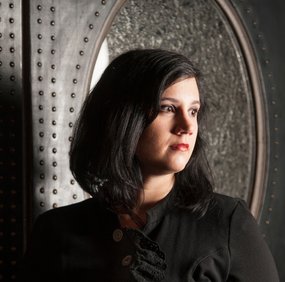 Author Website: EvangelineDenmark.com Author Facebook: https://www.facebook.com/AuthorEvangelineDenmark/ Author Twitter: @EvangelineD Author Pinterest: https://www.pinterest.com/evangelineden/ Author Instagram: https://www.instagram.com/evangelinedenmark/
0 Comments
Leave a Reply. |
Follow meArchives
May 2024
Categories
All
|

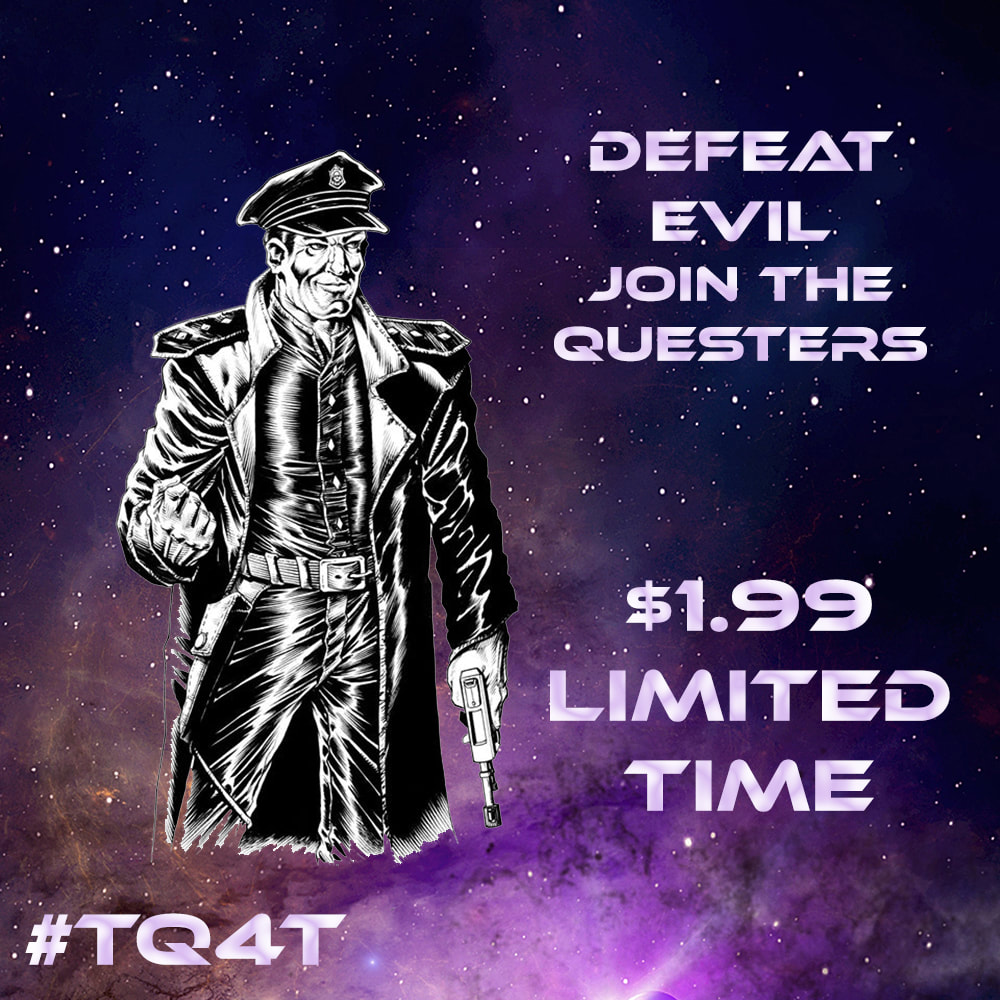
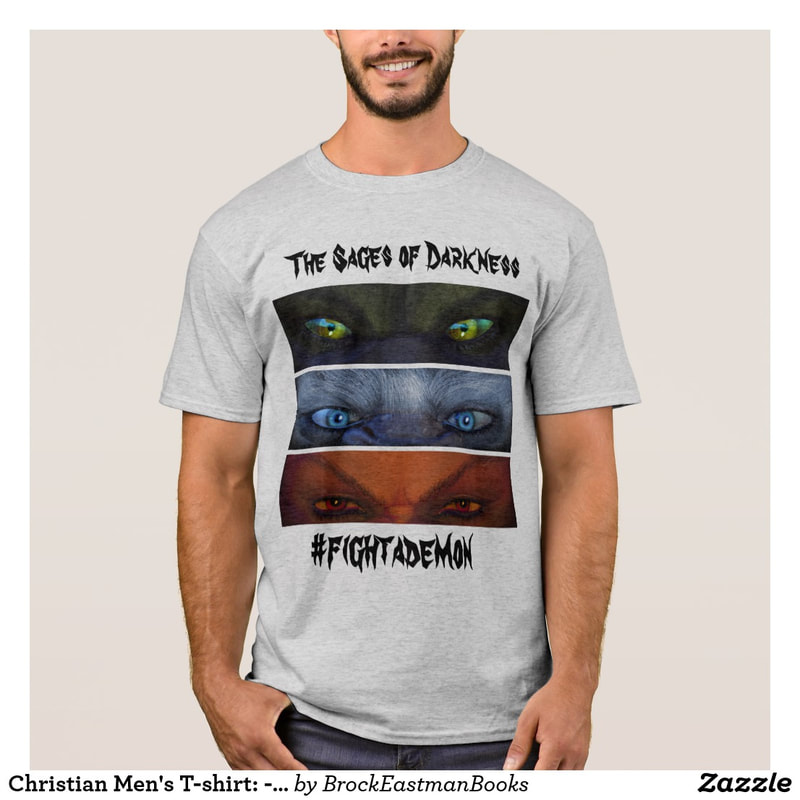

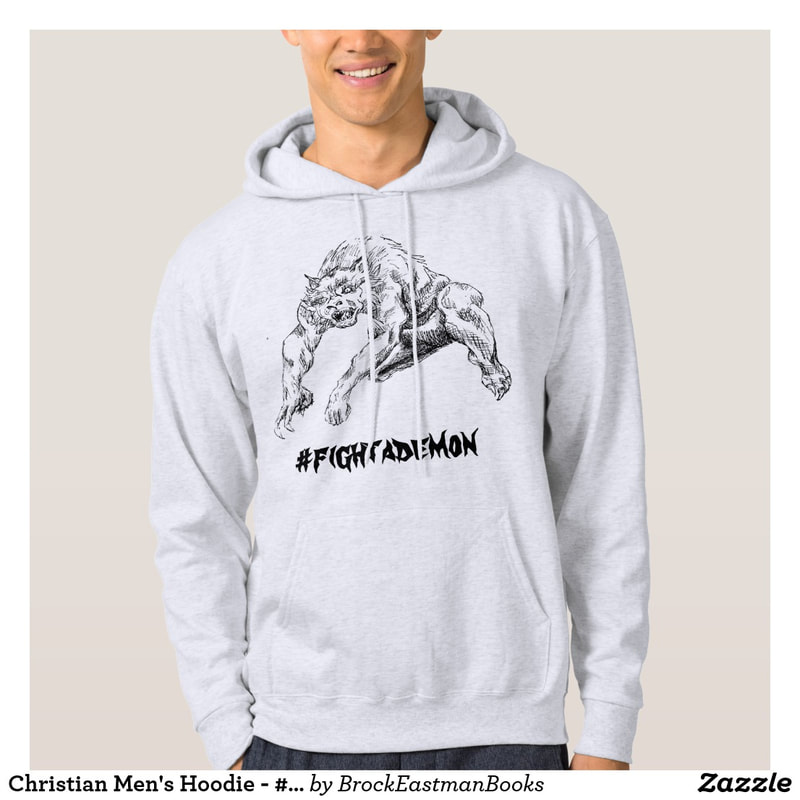
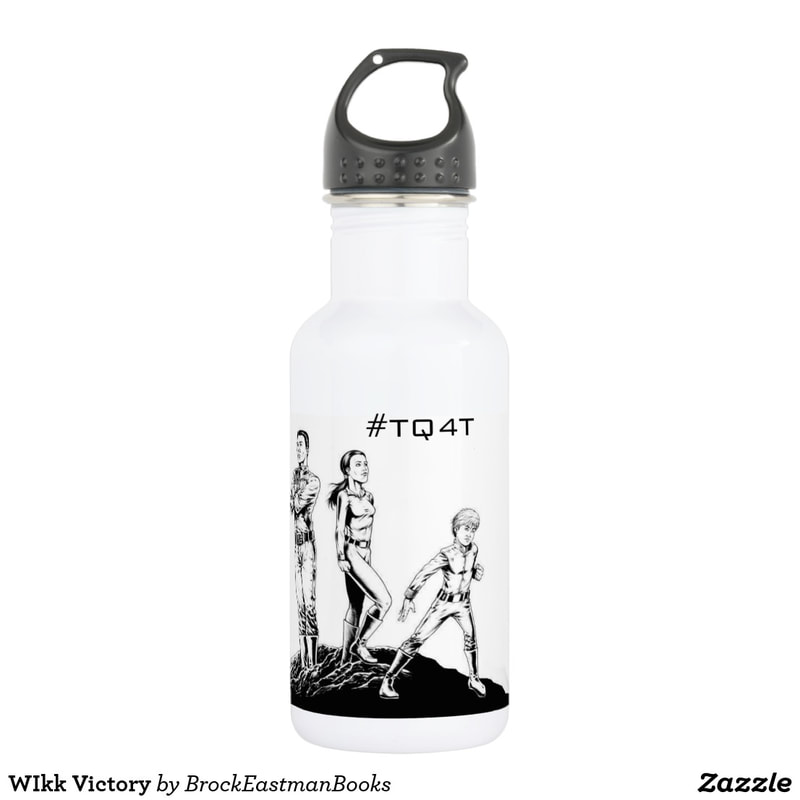
 RSS Feed
RSS Feed